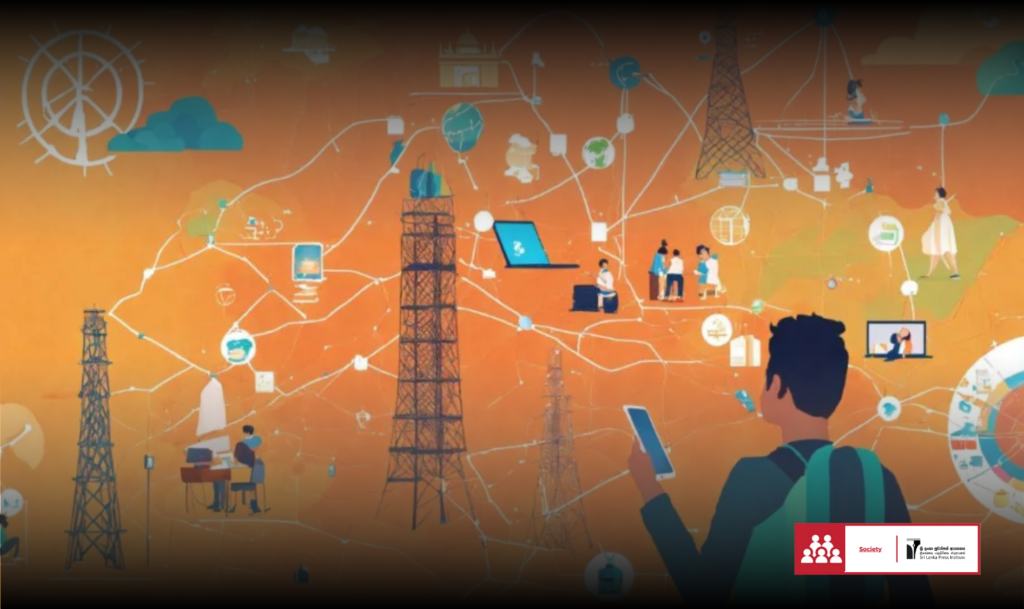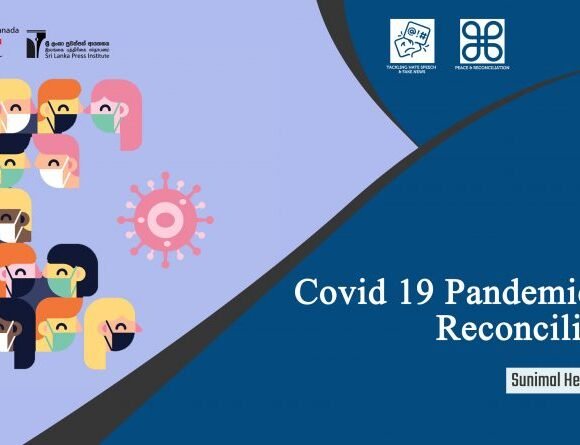Challenges Faced During the Digitalization of Public Services
by Kavishka Jayawardena

The public service in Sri Lanka and its related services do not enjoy a favorable perception among the populace regarding the management of financial resources. A primary reason for this is the lack of awareness about the efficiency of these services. Therefore, it is crucial to examine how successful the introduction of digital technology has been as an alternative, and if not, what the reasons are for its shortcomings.
Digital governance refers to the management of government services and supply processes through the efficient and sustainable use of computing and information technology methods. In the 21st century, the importance of transitioning to digital governance has become evident. Many state institutions in Sri Lanka can be seen adopting digital governance methods to provide services to the public. However, middle-aged individuals, particularly those aged between 40 and 60, especially in rural areas, face numerous challenges due to their limited digital literacy.
The level of digital literacy among middle-aged individuals in Sri Lanka is relatively low. According to data from the Department of Census and Statistics in Sri Lanka (2021), over 60% of individuals in the 40-60 age group lack the basic skills to use computers and internet-based systems. This demographic finds it challenging to access and utilize government digital services, as the use of computer devices and smartphones is often not feasible for them.
Digital governance in Sri Lanka aims to streamline processes such as account management, tax payments, and obtaining government services. During the years 2020-2021, the government focused more on digital governance due to the restoration efforts prompted by the COVID-19 pandemic. According to the government’s ICTA (Information and Communication Technology Agency), approximately 75% of government ministries had transitioned to digital services by 2021.
However, the complete adherence to digital governance systems poses challenges for middle-aged individuals, compounded by their minimal digital literacy. Additionally, they must confront external and internal factors, such as economic issues, psychosocial challenges, and the pressure of unfamiliarity with digital platforms.
Discussions with data contributors from the middle-aged demographic who have utilized digital governance systems revealed that they often experience feelings of anxiety when seeking services through digital technologies. They frequently find themselves compelled to seek assistance from others when encountering difficulties using digital devices. This lack of familiarity with digital jargon also leads to repeated attempts to complete the same task, putting pressure on both the individuals and public officials involved, resulting in frustration and diminished self-esteem.
Digital governance can facilitate the efficient management of government services and various processes. However, issues arise from the minimal understanding of digital services among the general population when initiating such systems.
For instance, individuals in the middle-aged group who do not use computers or smartphones face obstacles when attempting to access government services online, including account management, referrals, and other services. Data from 2021 indicates that only about 45% of rural women in Sri Lanka could use the internet, as per census statistics.
While the use of digital governance services has improved the economic, social, and developmental efficiency of the country, it has become imperative for the government to take proactive measures to enhance digital literacy and access to these services for those facing challenges.
Government and private institutions must implement detailed and systematic programs to address these issues. For example, training workshops for middle-aged individuals, as well as online and direct training programs on basic computer skills and internet usage, are recommended. The ICTA has already initiated efforts to improve computer and internet skills among rural populations in Sri Lanka.
By seeking solutions to the problematic circumstances faced by middle-aged individuals with limited digital literacy, the government can enhance the efficiency of public administration and governance, direct the populace toward technology-driven services, and minimize any adverse impacts on their social, economic, and psychosocial well-being.








